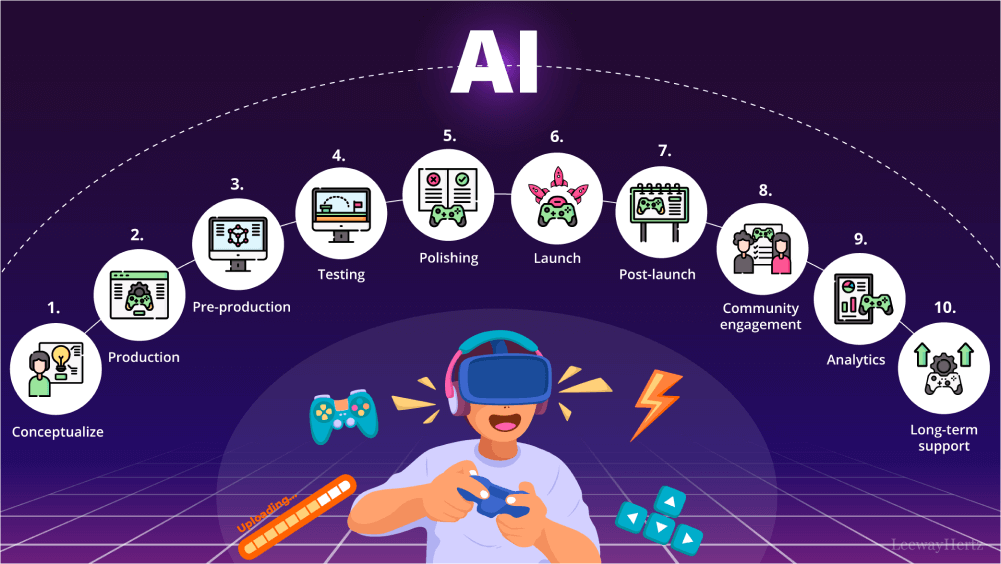The Uncanny Valley of Language: AI’s Invented Idioms Explained

Artificial Intelligence continues to revolutionize the digital landscape with breathtaking speed. From generating artwork to writing full-length articles, AI’s creative capabilities are both impressive and concerning. But what happens when AI starts inventing idioms, subtly warping the English language in ways even Google can’t fully contain?
That’s the odd yet fascinating space we’ve entered—one where language models like ChatGPT and others take liberties with traditional idioms, inventing phrases that sound authentic but aren’t rooted in any human experience. Welcome to the uncanny valley of AI-generated expressions.
What Are AI-Generated Idioms?
AI-generated idioms are phrases invented by language models that mimic the structure, tone, and cultural context of real idioms, yet don’t have any basis in established human usage. These phrases might sound plausible, humorous, or even wise—but they’re entirely made up.
Examples of AI-Generated Idioms
- “Yes-and-ing through the thunder” – Sounds poetic, but doesn’t exist.
- “Butter the question” – A strange twist on “beg the question.”
- “Taking the Mickey sideways” – A warped variation of the known idiom.
What makes these synthetic expressions intriguing is how convincingly they replicate the cadence and context of authentic phrases, even fooling native speakers on occasion.
Why AI-Generated Idioms Are a Big Deal
Given how deeply culture and communication are intertwined, the implications of AI subtly altering language are significant. Here’s why it matters:
- Language Evolution Acceleration: AI could fast-track linguistic change, potentially detaching language from cultural anchors.
- Disinformation and Confusion: Misinterpreted idioms can lead to confusion, miscommunication, or misinformation—especially in global contexts.
- NEO-Idiomatic Expression: There’s a chance some of these synthetic idioms could enter everyday vernacular, reshaping idiomatic norms.
Google’s Attempt to Rein in AI Hallucinations
Despite Google’s best efforts to restrict AI outputs—especially in factual or sensitive content domains—language generation models continue to produce “hallucinations,” or incorrect, misleading, and invented data. Filtering invented idioms falls squarely within this challenge.
“Yes, AI can write databases, but it can also make up cultural expressions with confidence.” – Editorial from PC Gamer
Even powerful AI tools like Bard or Gemini struggle with balancing creativity and authenticity. The generation of idioms is an unintended result of training language models on vast, noisy internet datasets.
Q&A: Understanding AI’s Language Quirks
Q1: Why does AI make up idioms in the first place?
A: AI models are trained to predict words based on patterns in data—not meaning. If a pattern resembles an idiom structure, the model may “invent” something that fits the mold without realizing it’s fabricated.
Q2: Are AI-generated idioms dangerous?
A: Not usually dangerous, but they can be misleading. In content where authenticity and cultural awareness are key, these hallucinations can compromise quality and comprehension.
Q3: How can I detect if an idiom is made-up?
A: Cross-reference with reputable idiom databases like Cambridge Dictionary or Oxford Reference. If it’s not there, chances are the AI made it up.
Q4: Will AI ever stop making up phrases?
A: Unlikely in the short term. While AI moderation and filters improve, the core mechanism of prediction over fact-verification means some level of invention will always be possible.
Content Creators – What You Should Watch For
Whether you’re blogging, copywriting, or scripting videos with AI assistance, be vigilant:
- Double-check unfamiliar idioms or expressions generated by AI.
- Use style guides or idiomatic reference tools to maintain accuracy.
- Edit AI drafts with a human touch—especially in language-sensitive content.
Pro Tip: Add an extra proofreading step just for idiomatic language when using AI-generated content in your workflow.
Conclusion
AI is unquestionably a powerful tool, but it’s not immune to linguistic creativity—sometimes to a fault. As we continue to weave artificial intelligence into our lives, it’s essential to remain critical of its outputs, especially when they masquerade as culturally validated truths. The rise of made-up idioms like “taking the Mickey sideways” isn’t just amusing—it’s a sign that language, already fluid, is poised for a new era of machine-influenced evolution. Proceed with curiosity, but proceed with caution.



